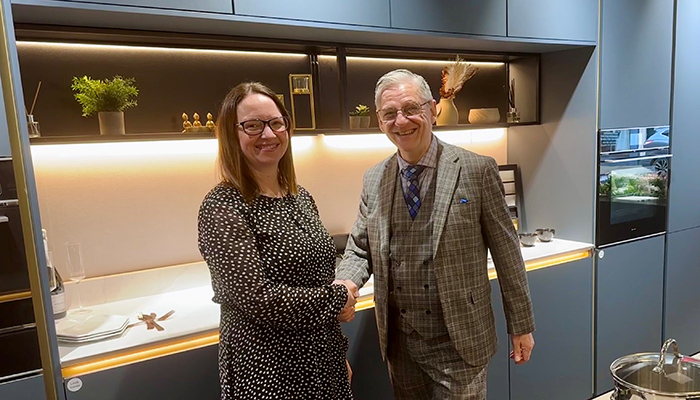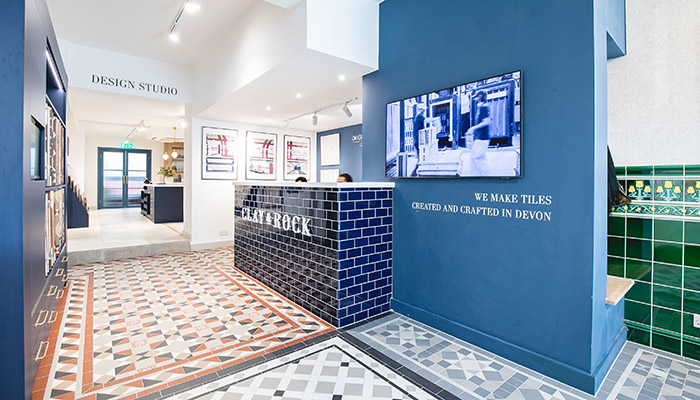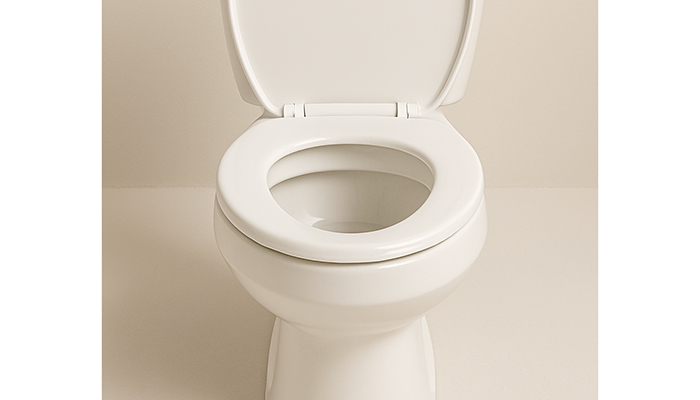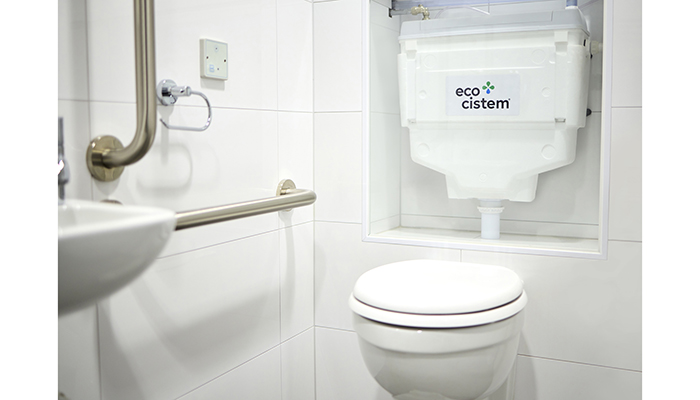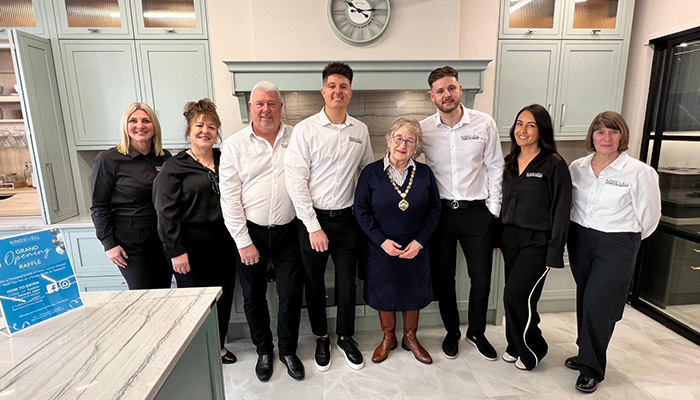Waterline CEO Michael Marriott argues the case for retaining in-person sales reps in a world where hybrid working and remote communication methods are threatening to undermine customer service.
In the KBB industry and beyond, the way we work is changing. From the work from home days of Covid and its immediate aftermath, to a more hybrid approach now adopted by many businesses, now is a very good time to look at our working practices and the possibilities for improving them. As we do so though, the ultimate question should always be, how would this change affect our customer experience?
There’s been a lot of talk in the sector recently around the possibility of removing in-person sales reps. Not entirely surprising, perhaps, as the working world becomes au fait with the advantages of remote networking in terms of efficiency, labour costs and even sustainability when you consider the number of miles a sales rep is likely to cover over the average month.
I would argue though that there is a place for both – a hybrid approach to field sales that successfully combines remote calls with in-person interaction to give all involved the best of all worlds. A blended approach surely can be the best approach, yet a lot of businesses seem to lose sight of this nuance, in favour of one way of working or the other.
While the advantages of remote working are apparent, and I’ve mentioned several of these already, there are benefits of in-person interaction that are undeniable. A failure to recognise this, I think, puts us on a slippery path towards a negative customer experience, at a time when your service levels are what can really make you stand out above your competition.
Firstly, and arguably most importantly of all, an in-person sales rep undeniably provides a better level of service to a retailer, with more personable support. They are the face of the business and seeing this face in real life is key to building and nurturing long-standing relationships.
To be successful, this nurturing must involve a consistent point of contact. Whether it be pre-sales, after-sales, stock availability or another issue, it is important for customers to always have someone they can contact who understands their business and its needs. Of course, some of this work can be conducted remotely and always really has, over the phone or by email, for example. But this person must be able to visit the customer and potentially the site in person too. Otherwise communicating problems is unnecessarily time consuming and frustrating for the customer, and they are more likely to go elsewhere.
Retaining field sales reps in today’s market also helps businesses cut through the noise. With more and more brands taking advantage of remote communication methods (not something which is inherently bad), it is important for customers to have someone they can speak to face-to-face to help make sense of it all.
And the human element mustn’t be overlooked either. Being a retailer or any small business owner is a lonely job at times. Sales reps can be one of the few people who you can form long-lasting relationships with, often across suppliers as the sales rep moves jobs. Removing this entirely further isolates retailers, which can be damaging on a lot of levels.
Let’s not forget too, the level of irony in the fully remote argument. Kitchen independents often must compete with online appliance retailers. It is ironic that suppliers to the kitchen independent sector are now trying to convince them to lose the human factor and to buy into fully remote support.
Thankfully, although the rumblings towards remote seem quite loud right now, at Waterline we know of manufacturers who are actively in the process of hiring more sales reps to sell their products on the road. For now, we’re happy to take the high road on this one and to continue to think of excellent customer service as something that can only truly to be achieved in a personable manner.


